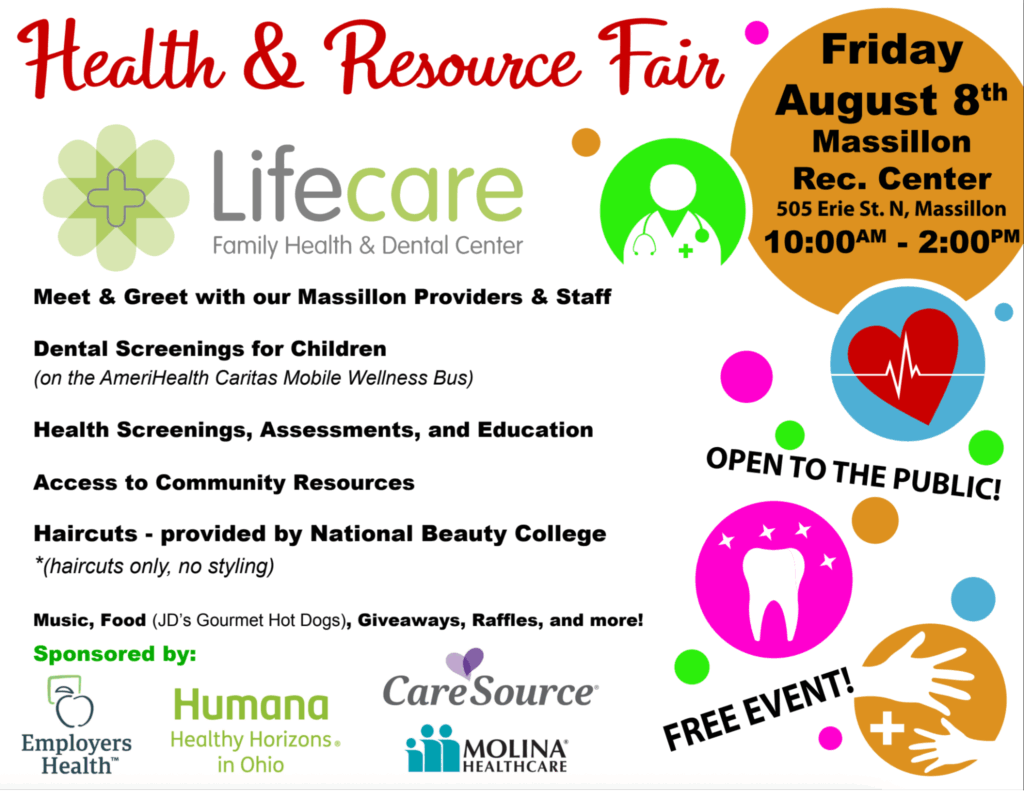August is National Breastfeeding Awareness Month. The breastfeeding campaign, funded by the U.S. Department of Health and Human Services, hopes to empower women to commit to breastfeeding by highlighting new research showing that babies who are exclusively breastfed for six months are less likely to develop ear infections, diarrhea and respiratory illnesses, and may be less likely to develop childhood obesity.
- In celebration of Breastfeeding Awareness Month, we’ve compiled the following guide to serve as your one-stop resource for the information and support you’ll need to be successful at breastfeeding. Arm yourself with information now, and you’ll thank yourself later for giving your baby the best possible start in life.
- Breastfeeding in public is legal – According to the National Conference of State Legislatures, 49 of the 50 states have legislation in place protecting (or at least allowing) breastfeeding mother’s right to nurse their child where ever they please.
- Breastfeeding moms get more sleep – You probably don’t feel like it, but it’s estimated that breastfeeding moms get an extra 45 minutes of sleep per night, according to a study in the Journal of Perinatal and Neonatal Nursing.
- Breastfeeding Rates Among Mothers 30 And Up Is Significantly Higher Than In Younger Moms – Data collected by the Centers for Disease Control and Prevention reports that the percentage of moms who breastfeed increases greatly in older moms. Only about 43 percent of moms who are 20 and younger breastfeed while 65 percent of moms aged 20 to 29 breastfeed. Moms over 30 have the highest breastfeeding rate, at over 75 percent.
- Breastfeeding Can Save Your Family $1,200 To $1,500 Each Year – Although breastfeeding isn’t completely free (if you plan to purchase things like nursing bras, a breast pump, bottles, etc.) it’s definitely going to save you a bit of cash. According to Women’s Health, the average amount a breastfeeding family can save from not buying formula is anywhere from $1,200 to $1,500.














